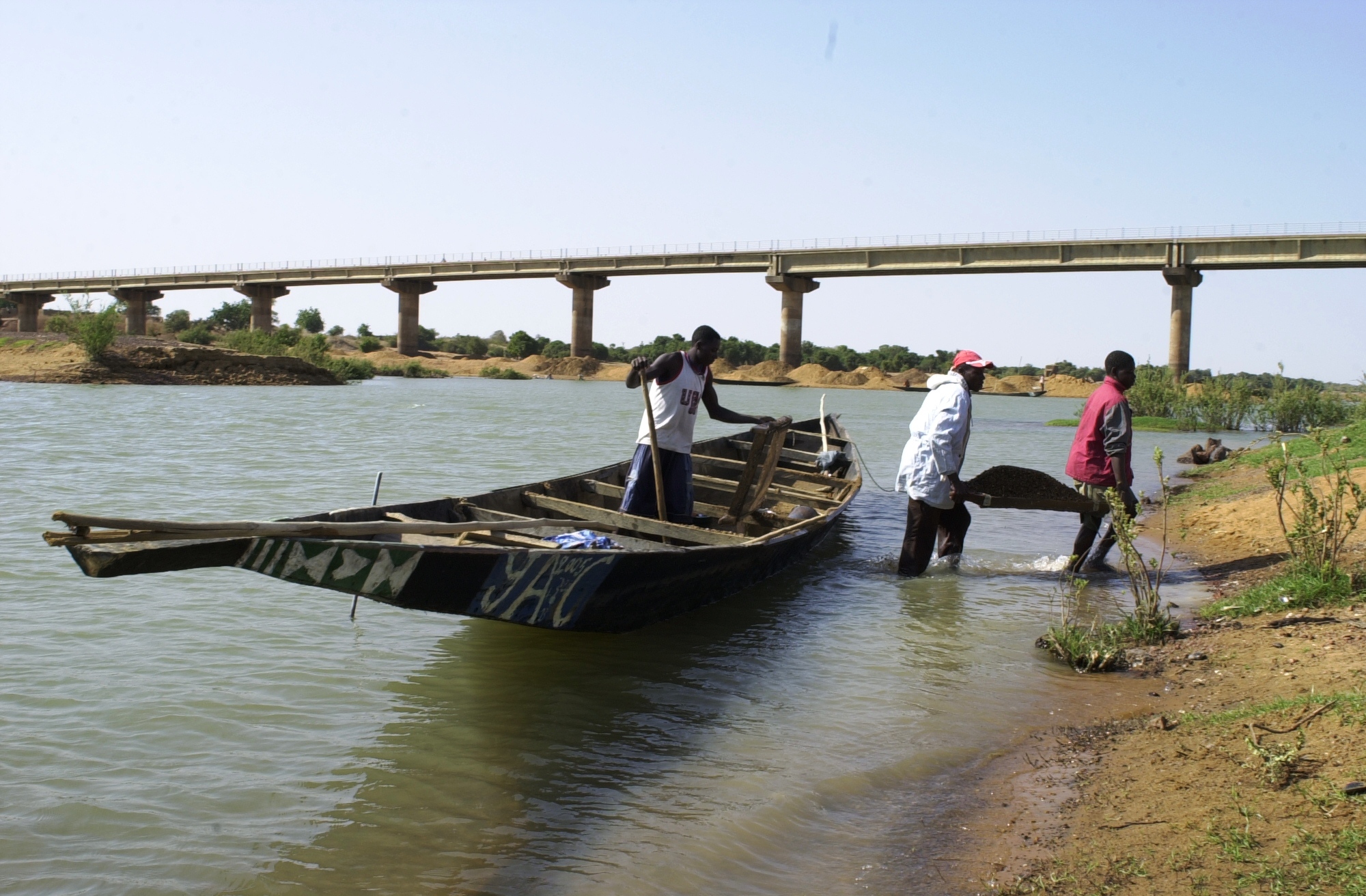West Africa is a landscape marked with a significant number of international watercourses and therefore has a great potential for conflicts related to the management of shared water resources. States of the sub-region have become increasingly aware of this situation and are turning for collaborative management of the natural resources of the shared basins.
The 1997 United Nations Convention on the Law of the Non-Navigational Uses of International Watercourses (UN Watercourses Convention), while not yet in force, is the most authoritative statement of international law in its field. Its adoption by States of the sub-region would provide many benefits, including supporting regions where no or few transboundary treaties exist; providing an identifiable framework for addressing allocation and re-allocation issues; a global mechanism for implementing, enforcing and developing international law in the field, particularly through the sharing of knowledge and experiences between countries and continents; platform for strengthening existing arrangements for the management of transboundary waters within the West African region and pave the way for water protocol for the region, etc.
As expected, the implementation of the programme for the ratification of the UN Convention by West African countries is not an easy task. Since the regional workshop held in 2007 to raise awareness of the role and relevance of the Convention, many other actions were carried out by GWP/WA and its partners. Up to now, five countries (Guinea Bissau, Burkina Faso, Nigeria, Benin and Niger ) have ratified the Convention. In Gambia the on-going advocacy for the ratification has raised strong interest as the process is really well on track and there is optimism for the achievement of the goal.
Advocacy processes are on-going in Ghana, Côte d’Ivoire and countries of OMVS such us Guinea, Mali and Senegal.
